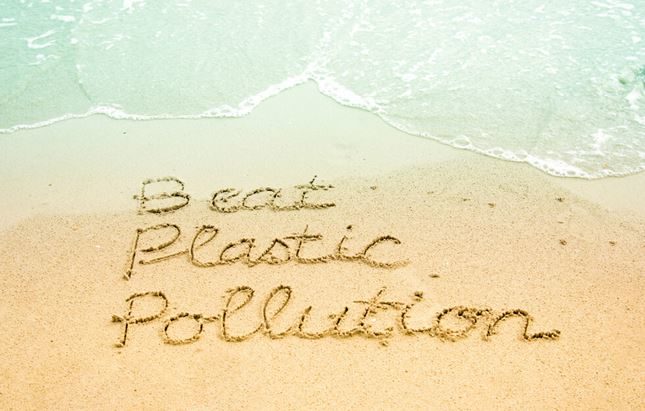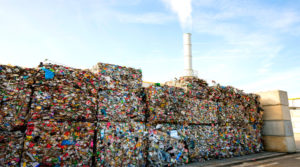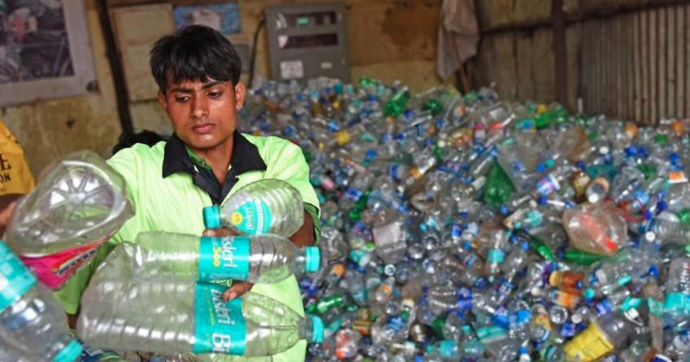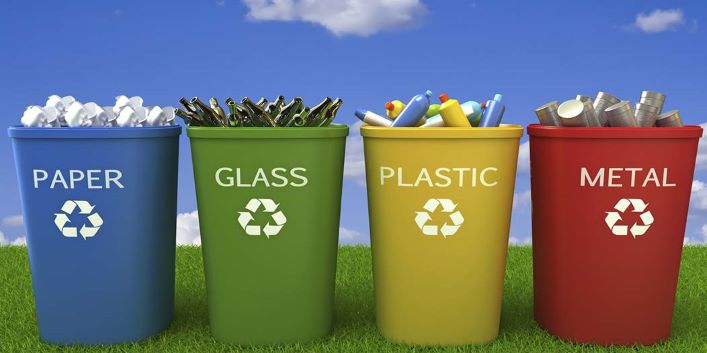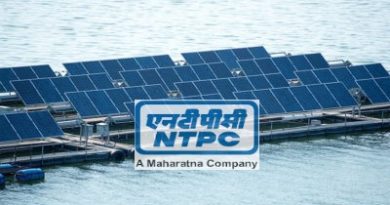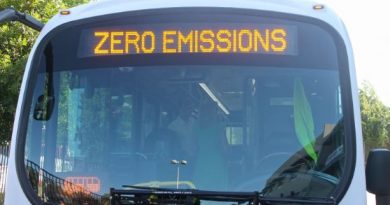CPCB Cracks Whip. 52 Firms Issued Notice Over Plastic Waste Norms
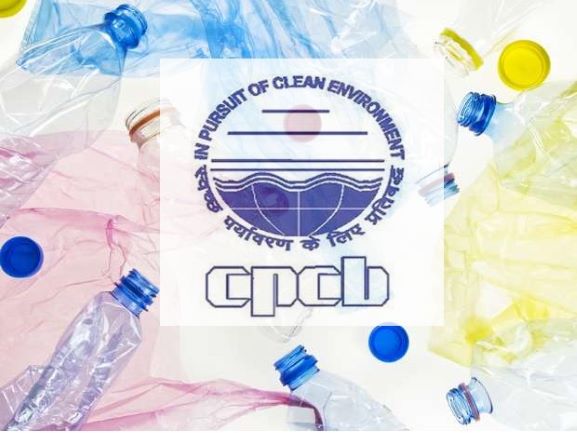
The Central Pollution Control Board or CPCB took a hard stance against noncompliance of Plastic waste management rules and asked 52 companies from 9 industries to come up with Extended Producer Responsibility (EPR) plan. The EPR plans will be in accordance with the Plastic Waste Management (PWM) rules, 2016.
The notices dated 24 April, 2019 were issued by the Pollution watchdog to these errant companies.
“All companies using any kind of plastic packaging are required to undertake EPR registration either from CPCB or State Pollution Control Board (SPCB)/Pollution Control Committee (PCC) as the case may be,” said SK Nigam, former additional director, CPCB.
The CPCB estimates about 25,940 tonnes of plastic waste is generated in the country daily, and the largest contributor is the packaging industry. Roughly about 60% of the waste generated reach processing while the remaining 10,000 tonnes lies unsegregated, blocking landfills and drains.
The agency opened an online registration of producers and brand owners under EPR and producer responsibility organizations (PROs) last year. According to the data, by March around 49 brand owners and two producers of plastic had registered under the EPR and submitted the EPR plan with the CPCB. These companies have promised to recollect and dispose 20% of used multi-layered plastic (MLP) and other plastics by their brand. This is eventually escalated to 100% in three years’ time.
In India, the principle of EPR has been an integral part of the waste management rules for ULABs, e-waste, and plastics. Based on the polluter-pays-principle, it increases the accountability of producers by making them responsible for the environmental impacts associated with their products throughout their life cycle. However, a March 27, 2018 amendment to PWM rules substituting “non-recyclable multi-layered plastic” with “multi-layered plastic which is non-recyclable or non-energy recoverable or with no alternate use” has weakened the rules, which were already soft to begin with.
This has given the ‘producers’ an escape route by claiming that the packaging material, if not recycled, can be put to some other use. MLP manufacturers used this loophole to continue to use the material.
Many producers have been following a wait-and-watch policy since 2016. Few of the companies have been working on the take back systems but have neither registered under the EPR clause and nor submitted their EPR plan.

